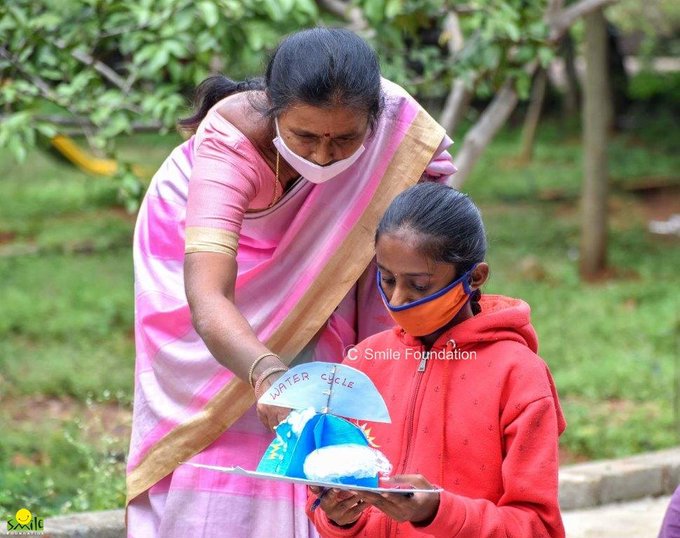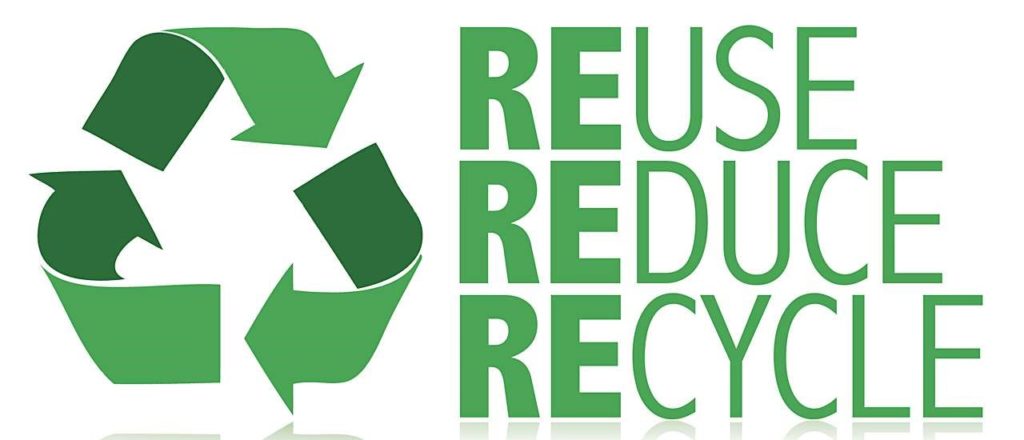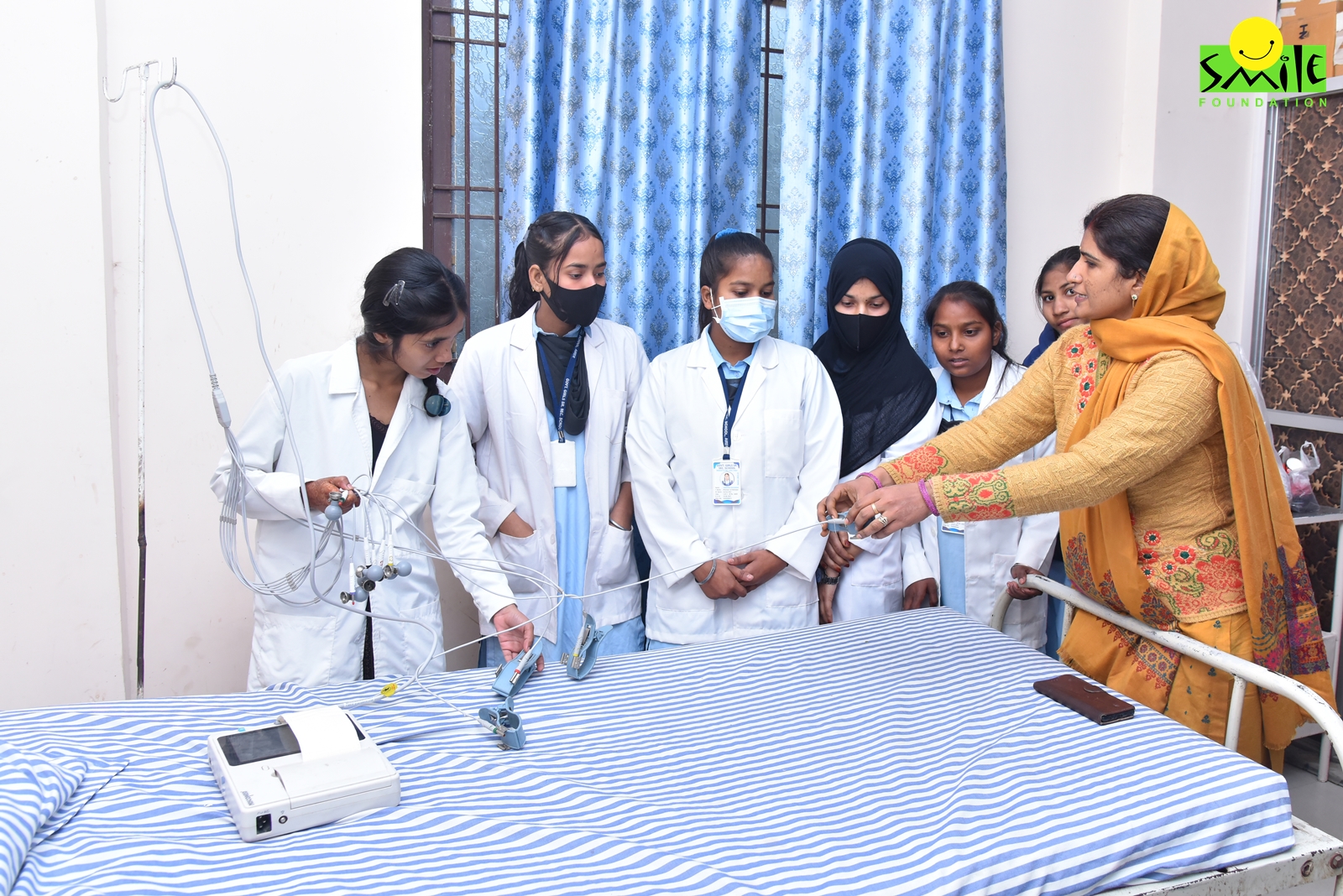Global temperatures are rising and pollution levels are on an increase everywhere . It has been estimated that each year 1.2 trillion gallons of untreated sewage is dumped into the ocean. Pollution is one of the biggest global killers that exists, impacting over 100 million people. The dangerous levels of pollution have put our future generations at severe risk. In order to meaningfully combat the menace that is global pollution, we need to sensitize our children to the importance of waste management and focus on the 3 Rs; Reduce, Reuse and Recycle. Including children in the process and teaching children that every little contribution counts is important.
Learning Waste Management at Home
One of the first lessons that we impart to our children is to practise what we preach. The most common example to set is to use eco friendly alternatives to disposable plastics. Instead of using plastic bags that choke the seas, we can use cloth bags for groceries. Instead of buying single use plastic bottles for drinking water, we can carry water from home in when on the move. Vegetable peels and fruit peels can be used as manure for plants and water used for washing and other activities can be recycled for further use.
Upcycling waste into Art

Children are naturally curious and creative so we must engage our imagination and start looking at waste and recyclables as useful materials and give them a new life. Turning plastic bottles into planters and starting an herb garden, creating mosaic art from bottle caps and turning cereal boxes into a periscope or a kaleidoscope help kids think creatively. Activities like these are fun and engaging. They also aid in the learning process of the children and make them more conscious from a very young age.
Eating Healthy
When we eat healthy we not only have a chance at improving immunity against diseases but it is also a step towards a more sustainable living. Adding more fruits and vegetables in a child’s diet aid in their growth and reduce plastic waste which comes in the form of packaged and processed food. Healthy food is also a mood booster because in a healthy body lives a healthy mind. Maintaining a kitchen garden and involving children in the day to day activities for growing one’s food helps children understand responsibility from caring for the plants. For children, gardening can also support emotional functioning as they express delight or disappointment when plants grow or struggle.
Waste management is beneficial for both children and adults. When a child is raised in an environment where people know how to reduce and recycle he/she becomes a responsible and thoughtful member of the community. As the leaders of tomorrow, children need to be well-equipped to safeguard the planet. By making them more environmentally conscious, we can give them the keys to make the world a better place.
To know more about Smile Foundation visit https://www.smilefoundationindia.org/









